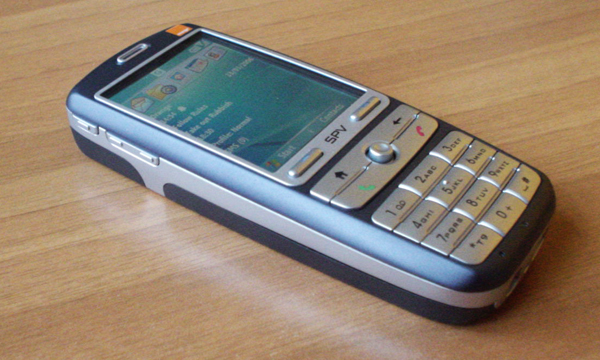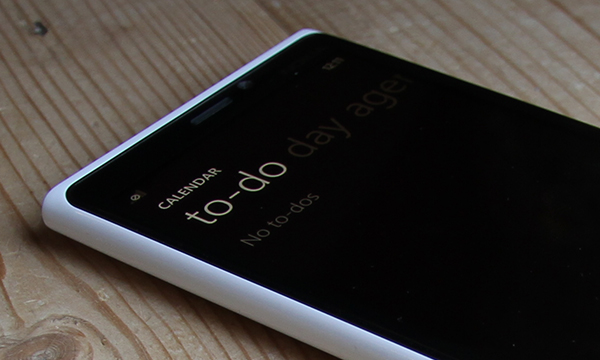
Rewind to around 2005 – 2006, I had recently discovered the works of David Allen’s Getting Things Done, and I had started looking for more resources and found the likes of Merlin Mann and others. These people were telling me that it was possible to do all the things you want to do by keeping track of all the tasks and commitments in a simple, trusted system.
Just like now, I was living mostly in a Microsoft ecosystem – I had a Windows Mobile Smartphone, I used Outlook & Exchange for my email and all my computers ran Windows.
I read a book called ‘Take Back Your Life! Using Outlook to Get Organized & Stay Organized‘ which took many of the principles behind Getting Things Done and implemented them in Microsoft Outlook to help keep track of what’s important.
- Outlook Tasks – universal capture for all ideas as well as a single place for next actions
- Outlook Calendar – the ultimate way to track professional and personal commitments
- Outlook Email – a large amount of incoming tasks would come through email and processed directly from the inbox
- Outlook Notes – sticky notes that could be used to make lists and capture ideas to be processed later, this was later superseded by OneNote for Windows Mobile – a separate download.
Outlook was ideal for this, because it also synchronised using both Microsoft Exchange and ActiveSync – software that ran on your computer and would sync your Windows Mobile device when attached. As Windows Mobile was my mobile operating system of choice it included Tasks, Calendar, Email and Notes without any extra software. It was Outlook, in my pocket.

Fast-forward to 2012 – 2013, and the importance of Outlook has diminished significantly. Not by my choice.
The support for Outlook or Exchange Tasks in Windows Phone is very low. In Windows RT the situation is even worse, there is no way of getting access to Exchange tasks without third party software, and no way to flag emails to follow up. If I can’t use it on all my computers, it’s not worth using the feature at all.
These days I use a combination of other apps to follow up on actions – the Mail, Calendar, People, and Messaging applications allow me access to Exchange Mail and Calendar – but I manage notes and tasks through OneNote – which is fantastic for capturing but not so hot for reviewing, processing or planning.
Over the years I have actually moved away from using purely digital capturing and planning tools, favouring paper notebooks in some cases. However, I feel that Microsoft has not done enough to keep the functionality that they used to have for task management, and that they’re missing a trick by letting the functionality fall behind.
By focussing their smartphone and tablet efforts on consumer tasks and social networking, I believe they have lost a lot of the value they had by giving users ‘Outlook in their pocket’ – I hope they bring it back.